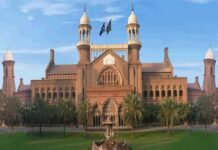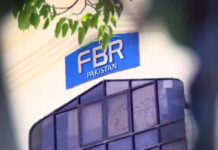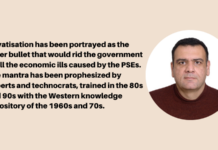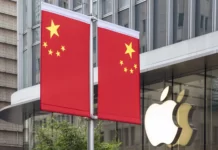Punjab has achieved a milestone by becoming the first province in Pakistan to automate its development projects, aiming to modernise governance and enhance efficiency.
Punjab Senior Minister Marriyum Aurangzeb, addressing the Punjab Assembly Standing Committee on Planning and Development, highlighted the significance of these initiatives. “The monitoring and review of development projects are now conducted daily through advanced technology. With China’s support, Punjab aims to integrate technology across all governance sectors,” she stated.
Ms Aurangzeb revealed that Chief Minister Maryam Nawaz actively oversees development-related data in real-time via an online portal. This system fosters transparency and streamlines project implementation, reducing delays.
The minister announced an unprecedented budget of Rs 844 billion for public development projects, emphasising the government’s commitment to equitable progress across the province, irrespective of political affiliations.
Significant reforms are underway in Punjab’s healthcare sector, including the upgrade of basic health units, modernisation of divisional and district hospitals, and expanded services in underserved areas.
To tackle the persistent smog problem, the government has implemented measures such as zigzag kiln technology, bans on plastic bags and crop residue burning, and stricter controls on industrial emissions. These efforts have shown noticeable improvements in air quality over the past nine months.
In urban sanitation, the ‘Clean Punjab’ initiative plans to extend Lahore’s advanced waste management system to all districts, enhancing public health and urban aesthetics.
In a significant step towards energy independence, the Punjab government has launched the Solarisation for Agricultural Tube Wells Programme. This initiative aims to reduce farmers’ reliance on costly electricity by transitioning tube wells to solar power.
“Approximately 8,000 agricultural tube wells across Punjab will be converted to solar energy under this programme,” said Chief Minister Maryam Nawaz.
The government has allocated Rs9 billion in subsidies, providing financial assistance up to Rs1 million based on the tube well’s capacity. Farmers owning at least one acre of agricultural land can apply for the programme through online portals, ensuring a streamlined application process.
























